Do you have a question about the GMC 2012 GMC Sierra Denali and is the answer not in the manual?
Overview of the vehicle's instrument panel layout and controls.
Provides a brief overview of important vehicle features and their locations.
Information on vehicle access, locks, and window operation.
Details on seat adjustments, safety belts, and airbag systems.
Information on various storage compartments within the vehicle.
Covers warning lights, gauges, indicators, and driver information center.
Information on exterior and interior lighting systems and controls.
Details on the vehicle's audio, phone, and entertainment systems.
Information on heating, cooling, and ventilation system operation.
Covers safe driving practices, including distracted driving and defensive driving.
Guidance on new vehicle break-in, adjustable pedals, and ignition positions.
Information on engine exhaust systems and running the vehicle while parked.
Details on automatic transmission operation, manual mode, and tow/haul mode.
Explanation of all-wheel drive and four-wheel drive system operation.
Information on the antilock brake system, parking brake, and brake assist.
Details on the StabiliTrak system and its features.
Instructions on how to set, use, and cancel cruise control.
Information on parking assist and rear vision camera systems.
Guidance on recommended fuel, specifications, and filling the tank.
Guidance on how to effectively locate information within the owner's manual.
Explanation of hazard symbols and messages used in the manual and on vehicle labels.
Description of symbols used on vehicle components and labels.
Details on various storage areas including instrument panel, glove box, and console.
Location and access instructions for the instrument panel storage area.
Instructions on how to open the glove box lever.
Information on the location of cupholders in the center console and rear armrest.
Instructions on accessing cupholders located in the rear seat armrest.
Details on accessing upper and lower center console storage areas.
Overview of various vehicle controls like steering wheel, horn, and wipers.
Explanation of warning lights, gauges, and indicators on the instrument cluster.
Details on the Driver Information Center (DIC) and its displays.
List and explanation of various vehicle messages and their meanings.
Options for customizing vehicle features and settings via the DIC.
Information on the vehicle stability enhancement system.
Details on the Tire Pressure Monitor System (TPMS) and its warning light.
Explanation of the engine oil life calculation and maintenance reminders.
How OnStar can assist with roadside emergencies.
Overview of the comprehensive in-vehicle system and its services.
Information on vehicle keys, locks, and remote keyless entry system.
Details on door operation, tailgate, and vehicle security features.
Information on anti-theft alarm systems and immobilizer operation.
Adjustment and features of exterior mirrors, including power and folding options.
Details on manual and automatic dimming rearview mirrors.
Information on power windows, rear windows, and express-down features.
Details on the vehicle's sunroof operation and features.
Proper adjustment and importance of head restraints for occupant safety.
Details on power seat adjustment, lumbar support, and memory features.
Information on rear seat folding for cargo space and safety belt usage.
Guidance on proper use, adjustment, and care of safety belts.
Explanation of airbag locations, operation, and safety considerations.
Guidelines for selecting and installing child restraints and booster seats.
Overview of service needs, dealer recommendations, and genuine GM parts.
Guidance on performing basic service tasks and keeping maintenance records.
Instructions for adjusting headlamp aim for optimal visibility and safety.
Procedures for replacing various exterior and interior bulbs.
Information on fuses, circuit breakers, and potential system overloads.
Details on tire care, inspection, pressure, and replacement.
Overview of exterior lamp controls and systems.
Details on instrument panel illumination, cargo lamps, and dome lamps.
Explanation of entry lighting, exit lighting, and battery load management.
Overview of the infotainment system, its features, and safe driving practices.
Information on AM-FM radio, satellite radio, and radio reception.
Details on CD players, CD/DVD players, and auxiliary device connections.
Information on the Rear Seat Entertainment (RSE) and Audio (RSA) systems.
Guidance on Bluetooth connectivity and voice recognition for phone calls.
List of trademarks and license agreements related to the infotainment system.
Overview of the dual automatic climate control system and ventilation.
Instructions on using air outlets and operation tips for airflow direction.
Overview of the importance of vehicle maintenance and dealer services.
Recommended maintenance intervals and services for gasoline engines.
Specific maintenance tasks for severe commercial use vehicles.
Guidance on additional maintenance services and checks for vehicle condition.
Information on the Vehicle Identification Number (VIN) and its location.
Approximate capacities and specifications for various vehicle fluids.
Explanation of the engine code within the VIN for vehicle identification.
Details on information found on the service parts identification label.
Steps for resolving concerns with dealership satisfaction.
Procedure for addressing customer concerns in Mexico.
Details on customer support program for vehicle warranty repairs.
Guidance on proper collision repair using quality parts.
How to report safety defects to the U.S. and Canadian governments.
Information on vehicle data recording and privacy policies.
Introduction to the in-vehicle system and its connectivity services.
Details on Emergency, Security, Navigation, Connections, and Diagnostics services.
Information on transferring service, reactivation, and potential system issues.
| Brand | GMC |
|---|---|
| Model | 2012 GMC Sierra Denali |
| Category | Automobile |
| Language | English |

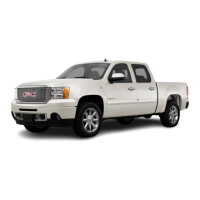
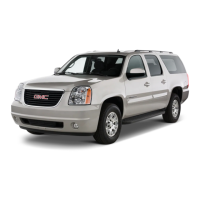
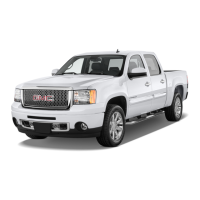
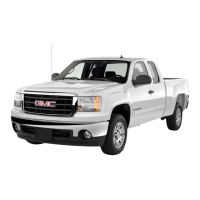
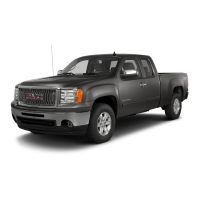
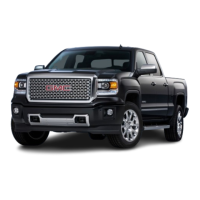
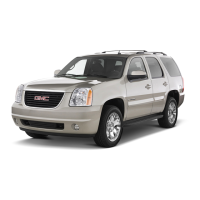
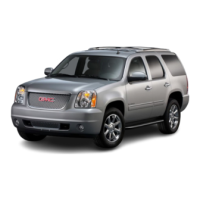
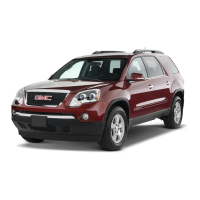
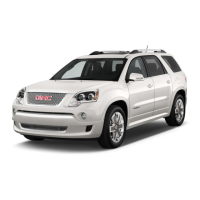
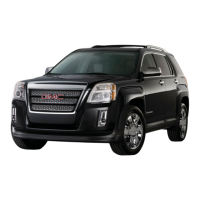
